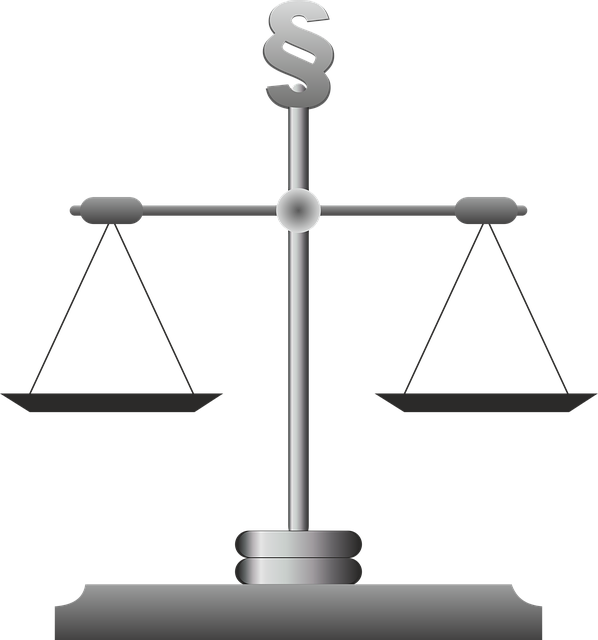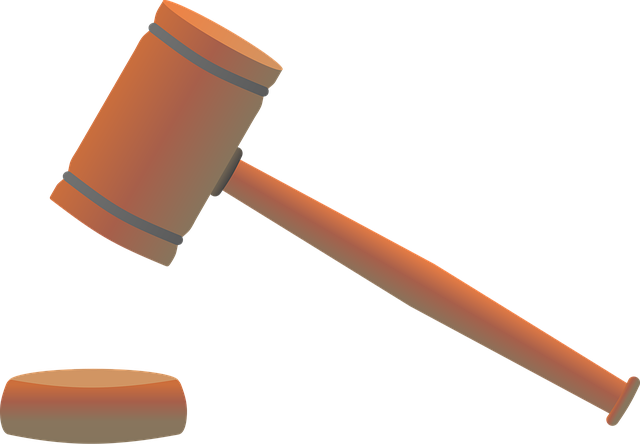Whistleblower Protection Laws offer strong defenses for individuals reporting illegal or unethical practices, protecting them from retaliation and ensuring their claims are fairly heard. In criminal cases, defendants enjoy standard rights like legal representation, protection from coercion, and potential charge dismissal. Navigating these lawsuits requires complex procedures, with plaintiffs proving their whistleblower status and adverse actions through evidence, arguments, document discovery, and expert testimony. These laws aim to foster ethical reporting while balancing incentives with fairness, as defendants in white-collar crime scenarios can strategically use protections for immunity or reduced charges. Maintaining justice demands vigilance to uphold the integrity of these laws without undermining accused individuals' rights.
“Uncovering wrongdoings often begins with whistleblowers—individuals who expose illegal or unethical activities within organizations. This article delves into the crucial aspect of whistleblower protection lawsuits, particularly focusing on defendants’ rights in criminal cases. We’ll explore how these laws balance the need to protect whistleblowers while ensuring fairness for those accused. From understanding key legal protections to navigating complex proceedings, this guide offers an insightful overview, shedding light on the delicate dance between exposure and due process.”
- Understanding Whistleblower Protection Laws: A Overview of Defendants' Rights
- Navigating Legal Proceedings: The Process of Whistleblower Protection Lawsuits
- Protecting Venturers and Ensuring Fairness: Balancing Act between Whistleblowing and Criminal Cases
Understanding Whistleblower Protection Laws: A Overview of Defendants' Rights

Whistleblower Protection Laws are designed to safeguard individuals who expose illegal or unethical activities within their organizations from potential retaliation. These laws grant significant rights to defendants in criminal cases, ensuring they can come forward without fear of adverse consequences. Understanding these rights is crucial, especially for those involved in high-stakes cases where the stakes are high and careers are on the line.
In such scenarios, defendants enjoy the privilege of having their claims heard and evaluated at all stages of the investigative and enforcement process. This includes the right to legal representation, protection from coercion or intimidation, and even the possibility of a complete dismissal of all charges if the court deems it necessary to uphold the spirit of whistleblower protection.
Navigating Legal Proceedings: The Process of Whistleblower Protection Lawsuits

Navigating legal proceedings in whistleblower protection lawsuits involves a complex process designed to safeguard both the plaintiff’s rights and ensure due process for defendants. When individuals come forward with information about illegal or unethical activities within an organization, they often face significant risks. The legal system plays a crucial role in providing a safe harbor for these whistleblowers while holding accountable those who engage in fraudulent or criminal practices.
In such cases, defendants enjoy certain rights in criminal cases, including the presumption of innocence and the right to a fair trial. However, the unique nature of whistleblower protection lawsuits necessitates specific procedures. Plaintiffs must present compelling evidence demonstrating their role as whistleblowers and the adverse actions taken against them due to their disclosures. Achieving extraordinary results may involve strategic legal arguments, thorough document discovery, and expert witness testimony. Through these means, both parties can navigate the process toward a resolution that upholds justice while respecting the rights of all involved.
Protecting Venturers and Ensuring Fairness: Balancing Act between Whistleblowing and Criminal Cases

Whistleblower protection laws are designed to encourage employees to come forward with information about illegal or unethical activities within their organizations, but they also present a delicate balance between protecting whistleblowers and ensuring fairness in criminal cases. On one hand, these laws aim to safeguard individuals who risk their careers and even personal safety to expose fraud, corruption, or other wrongdoing. They provide a mechanism for defendants to come forward without fear of immediate retaliation, which can lead to valuable insights and cooperation with authorities.
However, in the context of general criminal defense, especially in white-collar cases, this balance becomes critical. Defendants have rights in criminal cases, including the right to avoid indictment if they provide substantial assistance to prosecutors. Whistleblower protection laws must be implemented carefully to prevent individuals from using them as a strategic tool to secure immunity or reduced charges. Ensuring fairness means striking a chord between incentivizing disclosures and maintaining integrity within the justice system, especially when defendants are facing severe consequences for their actions.
Whistleblower protection lawsuits play a crucial role in balancing the rights of defendants in criminal cases while fostering a culture of transparency. By understanding both the legal protections afforded to whistleblowers and the processes involved, individuals can navigate these complex proceedings with fairness and integrity. This ensures that truth comes to light without compromising the justice system’s equilibrium.






